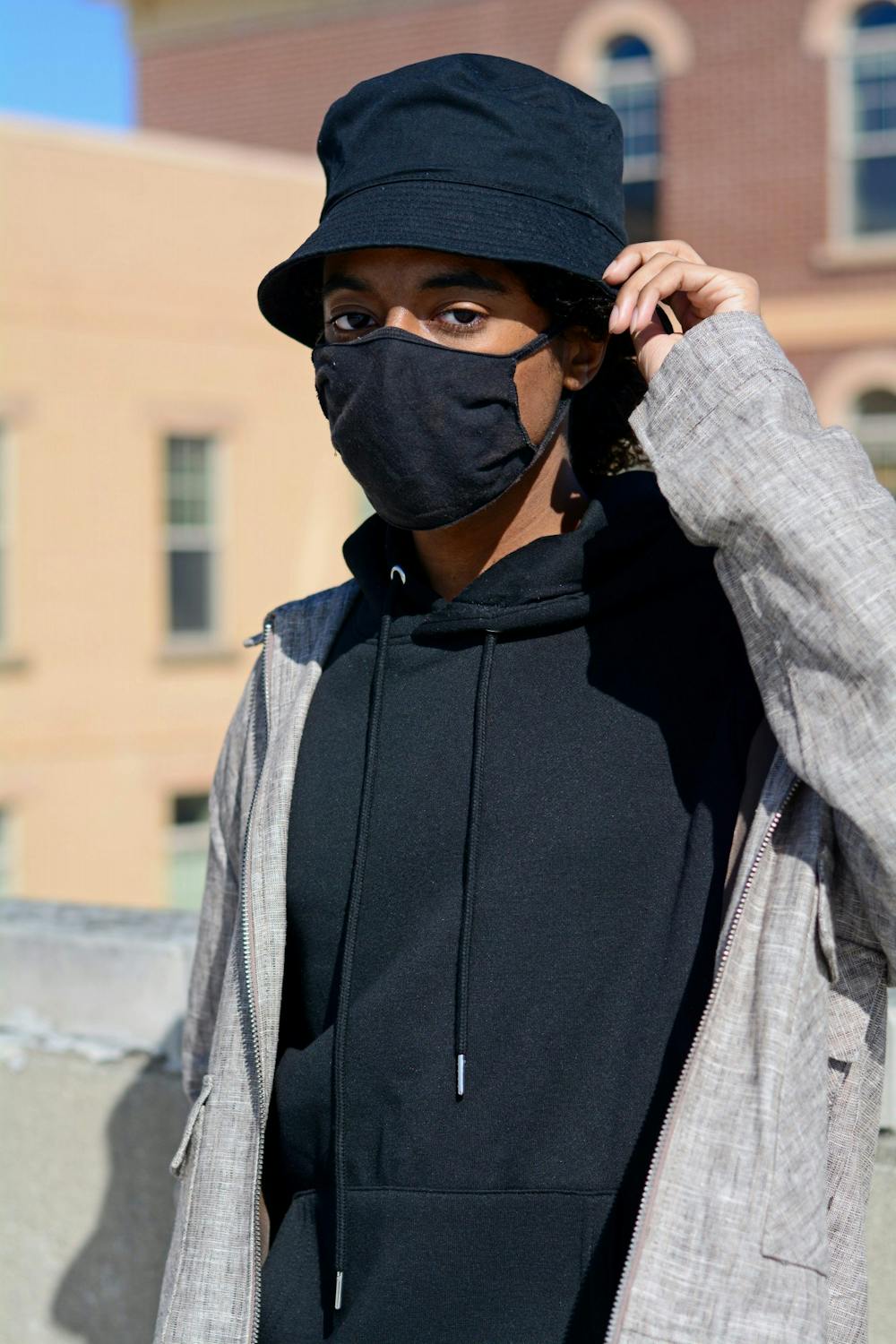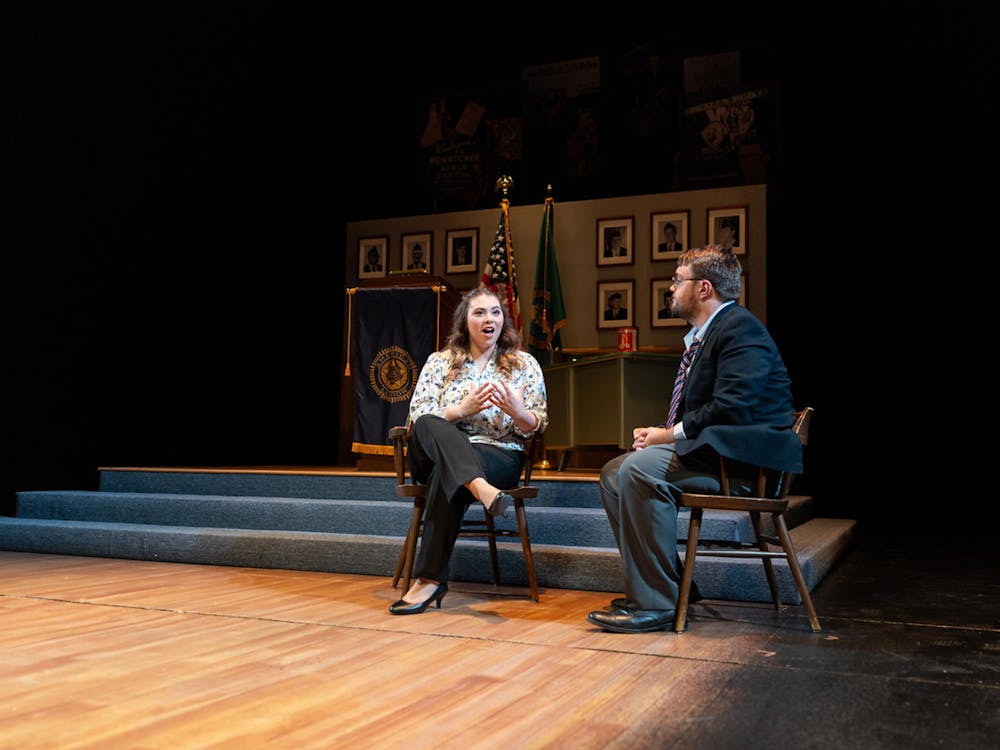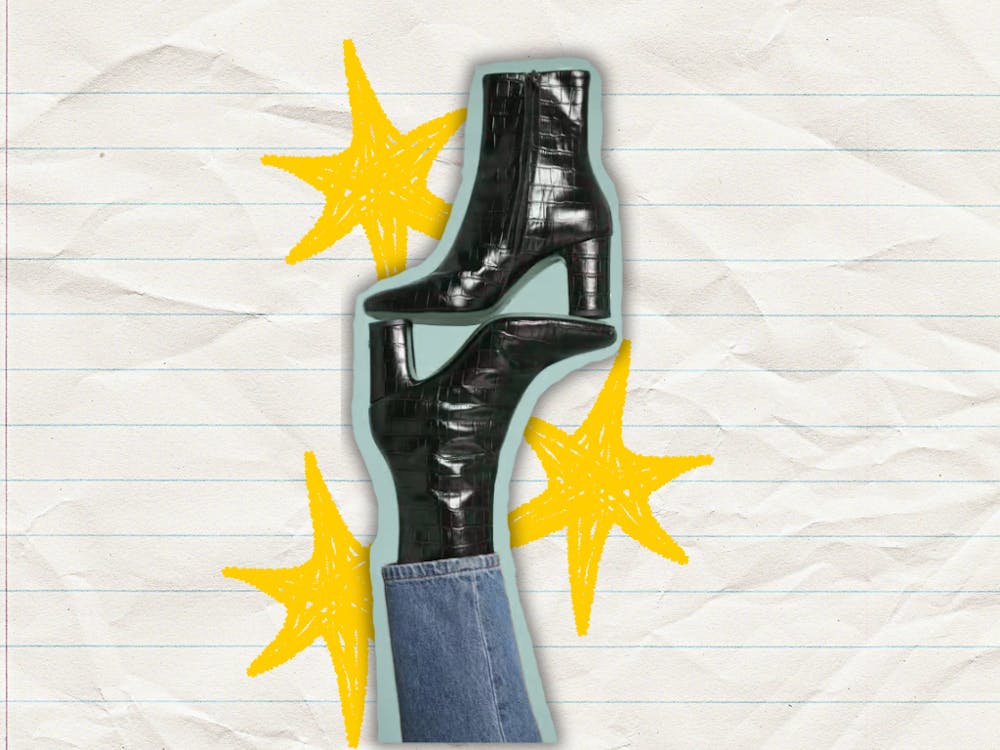The face mask may very well be the most prominent symbol of how COVID-19 has changed our day-to-day lives. Right now, illustrations of faces in masks are posted on the doors of local businesses and hanging on banners in uptown Oxford asking customers to “Wear a mask, please don’t make us ask.” While the question of “how long is this all going to last?” lingers in the air unanswered, the crowds of masked shoppers at the grocery store offer a suggestive answer: not any time soon.
But on a coffee run with my girlfriend last week, she offered a more optimistic take on how long she hopes we have to wear government-mandated pandemic response face coverings.
“I hope masks stay forever,” she said. “I feel cute.” We were walking to the Starbucks at Miami’s Shriver Center, both of us wearing masks, of course.
I thought about it and decided that I felt cute, too. The next day, curious to know how other people felt, I ran a few very informal polls on Twitter and Instagram, asking my friends if their masks made them feel cute, too. Many agreed: Yes, wearing a mask feels cute.
But why?
On the surface, the face mask is not a very joyful object. It’s a constant reminder of the wildly bleak circumstances that we’re living through right now. Massive groups of people have even gathered to protest government mask mandates in the name of “personal freedoms,” risking their health and safety to let their local representatives know, “Hey! These masks are not very cute to us!”
Despite the face mask’s recent entry into our lives in the U.S., it isn’t a new idea. Face masks have been worn for years in many Asian countries like China, Japan and Korea. Some sources trace it back to the 2003 SARS pandemic, which heavily affected cities like Beijing and Hong Kong. While that pandemic came and went, mask-wearing stuck around, usually out of consideration from those who are experiencing mild illness to protect those around them.
“It’s really a gesture out of respect and compassion in Japan,” said Hatsue Andrews, a communication design student at University of Cincinnati. “It’s really not meaning anything [un]nerving.”
Andrews is Japanese-American and travels to Japan every few years to see her family and friends. Wearing a mask is what she’s always done when she feels a little sick.
“My experience in America, when I wore a mask before the pandemic, is that people are really concerned about my health,” Andrews said. “Like they thought that I was really really sick, when all I had was maybe a fever.” She says she wears a mask out of concern for other people.
This could be one reason why, despite the grim reality surrounding it, wearing a mask makes many people feel good about themselves. It allows us to express compassion and concern for the health of others. It can show solidarity and creates a sense of “we’re in this together.” Caring for our communities, as it turns out, is very cute.
On the other hand, not wearing a mask in a crowd of mask-wearers appears ignorant. It can come across as apathetic, showing a lack of care for the health and safety of others. To leave the mask at home is to deny our current reality and, from a fashion perspective, looking like you are stuck in the past has never been stylish.
Enjoy what you're reading?
Signup for our newsletter
Another interesting point came up while speaking with Andrews, when she mentioned her second cousin, who is a Japanese TV personality and is locally famous in Tokyo.
“Whenever he goes out, he has to wear a mask,” she said. “Or people will, like, stop him all the time.”
This happens in South Korea as well, where masks are more commonly worn there to protect the lungs from air pollution. K-pop stars (known as “idols”) are the predominant fashion icons and also frequently incorporate masks into their outfits, not just for protection, but to avoid being recognized.
“It kind of takes away the identity a little bit,” Andrews said.
Anything that obscures one’s face seems to have an innate connotation to celebrity. The idea of the celebrity in public, hiding behind mirrored shades, a baseball cap or a pandemic-appropriate face mask, trying to remain anonymous, has a certain appeal.
This feeling of anonymity and privacy was cited by many as a main reason why wearing a mask feels so cute. Masks shield most of the wearer’s identifying facial features from the public eye, making them less recognizable. They allow us to feel partially hidden, like turtles with their heads halfway in their shells, invulnerable to the outside world.
If the wearer is feeling self-conscious about their acne, or chin, or smile, or really anything below the eyes and above the neck, a mask creates a cozy little nook to hide from everyone else, just a bit. Little insecurities like this get to be kept secret, just between you and your mask.
There is also a cool factor associated with masks in pop culture. Think of all the characters who wear face masks in TV and movies: stoic superheroes, stealthy killers on the loose, cowboys bandits with bandanas pulled up to their eyes.
All these characters are hiding their identities for self protection but also just look really cool while doing it. Miami junior Ahmed Kamel put it best: “I just feel like a ninja in a mask and hoodie.”
Once COVID-19 isn’t as much of a direct threat, we’ll still have our face masks left over. What will we do with them? Will we get rid of them? Throw them out? Will Goodwill even take donated face masks (ew)?
Maybe we’ll take the route that so many countries did after SARS hit, and wear them when we are feeling mildly ill, to show compassion for our fellow citizens. Or maybe we’ll simply wear them for fashion, to look cute, keeping our faces to ourselves in the gentle privacy that masks provide.




